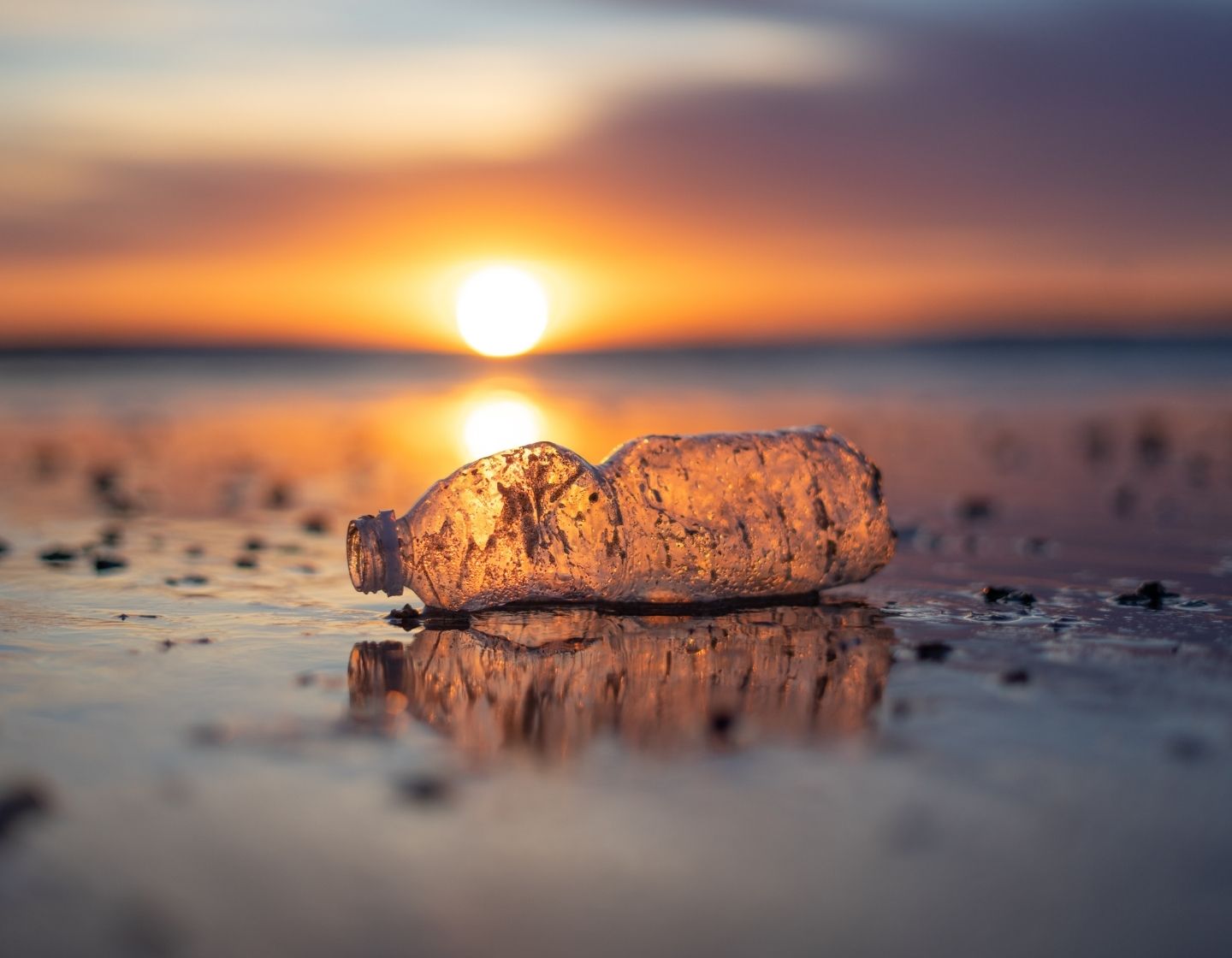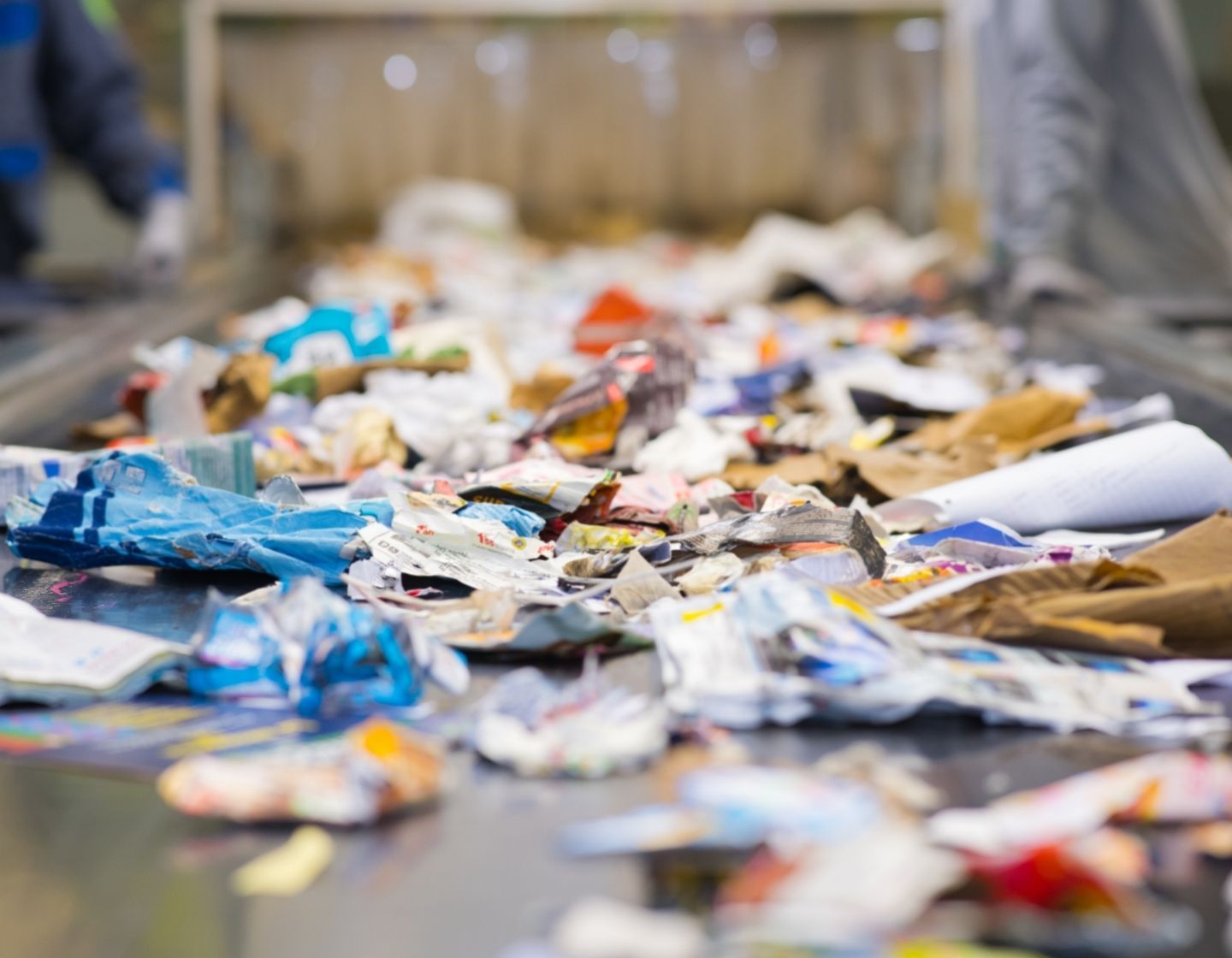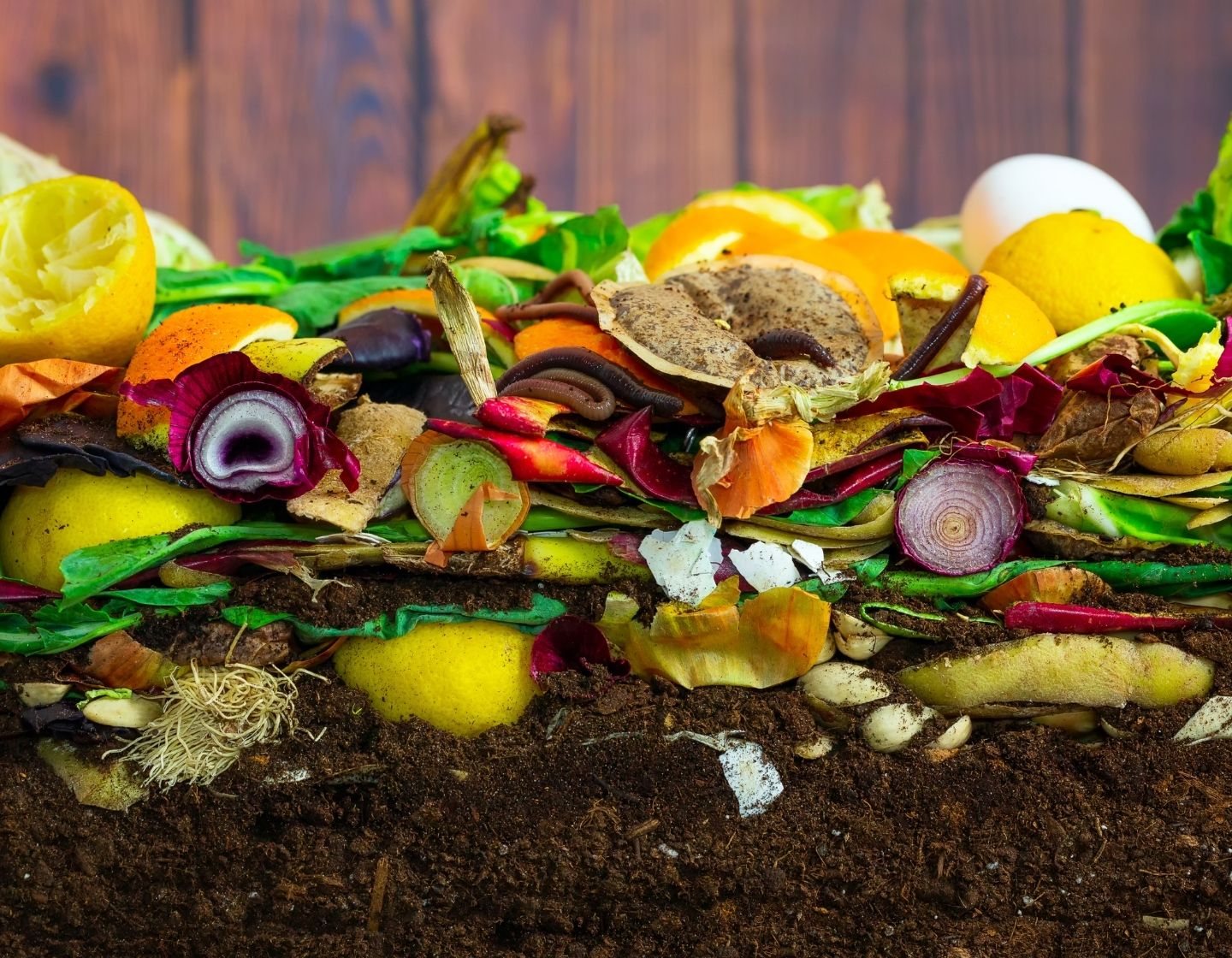What is the difference between biodegradable and degradable?
You may have seen the terms “biodegradable”, “degradable” or “compostable” on some of the products you’ve picked up in the supermarket and wondered what it all means. It sounds rather sciency and interchangeable, but don’t worry – it will all make sense after you’ve read this!
What does degradable mean?
Degradable simply means “to break down” so technically, everything is degradable.
Plastic is degradable, which sounds good, right? Except that plastic never fully degrades, instead it breaks up into millions of tiny plastic particles called microplastics. Microplastics find their way into our waterways and often get consumed by both animals and humans, affecting our health and killing marine life.
Degradation can take hundreds of years: one plastic bottle could take up to 450 years to decompose in landfill. And even then, tiny pieces of it will remain forever.
So, if a product is labelled as “degradable”, it doesn’t guarantee that it will 100% break down.

What does biodegradable mean?
Biodegradable also means “‘to break down”, but it must decompose into natural elements like carbon dioxide and water vapour, with the help of organisms like bacteria and fungi. The timeframe for biodegradable plastic to break down is between three to six months, far quicker than regular degradable plastics. However, the biodegradation process depends on various factors.
How well and how long the process takes is affected by temperature, oxygen, moisture and light levels.
The degradation process tends to happen through photodegradation where heat and UV light from the sun weakens the plastic and eventually breaks it down into smaller pieces. In theory the tiny pieces of plastic will then be consumed by organisms. But here’s the catch – most of our plastic is buried in landfill, which means it cannot access the sunlight, oxygen or moisture to degrade. Similarly, the plastic floating around in our ocean will face the same problem.
With the lack of oxygen, the material is forced to break down anaerobically, releasing harmful methane. So, it’s best to take your biodegradable products to a recycling centre or an industrial compost heap rather than putting them in your household bin.
Biodegradation might seem like more of a natural way of breaking up material, but it isn’t completely eco-friendly as it can just end up adding to waste to the pile.

Ok, so what about compostable?
There’s is a third option on the shelf that I couldn’t ignore! Compostable products are usually made of polylactic acid (PLA), derived from corn starch or sugar cane, and will completely break down into natural elements through fungi, bacterial, insects and worms, but only in the right settings.
Compostable products break down much faster than degradable and biodegradable products – in only 90 days. Plus, they break down into nutrient-rich matter which is great for the garden, leaving behind no toxic residue.
You might assume that compostable means you can toss it in your garden heap and nature will do its thing, but that’s not quite the case. Some household waste like food scraps, grass clippings, leaves and tea bags can be composted on your garden heap but some products will need to be industrially composted, so remember to check the label. Unfortunately, the UK is seriously lacking these facilities, with only 170 of these plants that can compost the material industrially.
All in all, although it’s important to consider the material of a product and how it will break down, it’s equally important to consider where it will break down. For example, a natural product like banana peel will decompose in your compost heap but buried in landfill, it won’t have access to the right elements to decompose. After all, landfills are designed to bury our waste, not break it down.
My favourite compostable product is our ecoLiving Compostable Sponge Cleaning Cloths, a natural alternative to traditional sponges, made from 70% cellulose and 30% cotton. I use them daily and at the end of their life they can be composted at home.
And remember, all compostable products are biodegradable, but not all biodegradable products are compostable.

A quick summary
Degradable – anything that can be broken down either biologically or chemically (every product).
Biodegradable – a product that can be broken down by bacteria and organisms.
Compostable – a product can be broken down into natural elements without harming the environment.
But note, all of the terms depend on various factors.
What should I be doing to decompose my waste in an eco-friendly way?
- Check the label to see what the product is made from and how to dispose of it.
- Don’t put compostable items in your black bin as they need warmth, air and moisture to properly compost.
- If something is labelled as biodegradable but it cannot be recycled or composted, try to find an alternative as it will be sent to landfill, unable to break down.
- Choose home compostable products where possible, rather than industrially compostable products.
- Don’t mix recyclable products with non-recyclable products in the bin as it could render the whole lot as unusable.
How products break down is just as important as how products are actually made when it comes to sustainable living.
A huge problem is how we treat plastic as a single-use item. A plastic bag only gets used once for roughly 12 minutes before it is tossed away. Most of it ends up deep in landfill, destined to live there forever. Therefore, reducing our plastic waste altogether is the most eco-friendly option.
To prevent landfill and reduce your carbon footprint, join our Home Club for more tips to reduce, reuse and recycle.
Join the SaveMoneyCutCarbon Home Club Today
0333 123 5464

Very educational
I still don’t know if I can use degradable bags in my compost bucket which is collected by the council